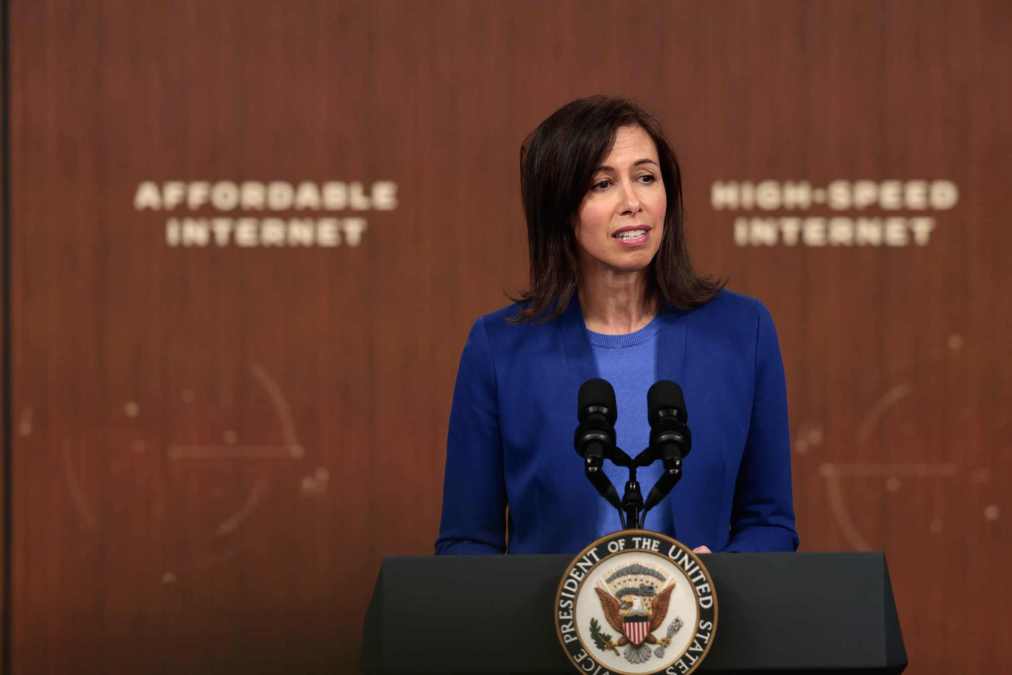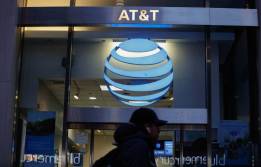FCC restores Obama-era net neutrality and broadband rules

The Federal Communications Commission voted during its monthly open commission meeting Thursday to restore net neutrality rules.
The Hill reported that the agency voted 3-2 along partisan lines to revive the rules that expand the commission’s oversight of broadband providers and reinstates a national standard for broadband reliability, security and consumer protection. The rules were first created under former President Barack Obama and repealed by the FCC in 2017 under former President Donald Trump.
The net neutrality rules also reclassify the internet as a telecommunications service under Title II of the Communications Act of 1934, which allows the commission to apply cybersecurity standards, and will requires internet service providers to notify consumers of internet outages.
“Through its actions today, the commission creates a national standard by which it can ensure that broadband internet service is treated as an essential service,” the FCC wrote in an announcement Thursday. “Today’s vote also makes clear that the commission will exercise its authority over broadband in a narrowly tailored fashion–without rate regulation, tariffing, or unbundling–to foster continued innovation and investment.”
Before Thursday’s vote, internet service providers could slow services or block websites and apps. Moreover, the providers could charge consumers higher rates for faster internet speeds. Since the FCC repealed net neutrality, it was left to the states to replicate such protections.
“I think in a modern digital economy we should have a national net neutrality policy and make clear the nation’s expert on communications has the ability to act when it comes to broadband,” FCC Chairwoman Jessica Rosenworcel said during Thursday’s meeting, The Hill reported. “This is good for consumers, good for public safety and good for national security.”
The American Civil Liberties Union commended the FCC’s decision to restore the regulations.
“Today marks the last day that internet service providers can continue to put profit over people,” Jenna Leventoff, senior policy counsel at the ACLU, said in a statement. “We are thrilled that the FCC now has the authority it needs to protect consumers, promote the exercise of First Amendment rights online, and ensure that everyone has access to high-quality, affordable internet.”
The Open Technology Institute, a division of the think tank New America, also applauded the decision. Michael Calabrese, director of the Wireless Future Project at the institute, called it “vital to promoting a virtuous cycle of online innovation, competition and consumer choice.”
The nonprofit advocacy group Center for Democracy & Technology also celebrated the reinstatement of the rules, saying they level the playing field for new innovators to compete with larger online companies.
“Without net neutrality protections, tremendous power to those providers to alter or limit internet access,” said Eric Null, co-director of the center’s privacy and data project. “This rule returns us to the common-sense regime in which users are in control of their online experience, without undue interference by their internet service providers.”
Republicans did not support reclassifying the internet as a telecommunications service under Title II.
“Today’s order is not about net neutrality,” said Republican Commissioner Brendan Carr, who voted against the measure, The Hill reported. “When we abandoned Title II in 2017, proponents of greater government control flooded the zone with apocalyptic rhetoric. Media outlets and politicians alike mindlessly parroted their claims. They predicted the end of the internet as we know it and that you’ll get the internet one word at a time. Consumers would have to pay for each website they wanted to reach.”
David Williams, president of the Taxpayers Protection Alliance, called the commissions’ decision to reclassify broadband service under Title II “a solution in search of a problem.”
“The FCC has thoroughly failed to demonstrate any of the supposed harms they claim would come under Title I,” Williams said in a statement. “Rather, the internet was able to grow and thrive under the ‘light-touch’ Title I regulations, becoming the staple of American life it is today. With exciting new technologies and services coming available over the internet, now is not the time to be wrapping red tape around the country’s most valuable innovators.”






